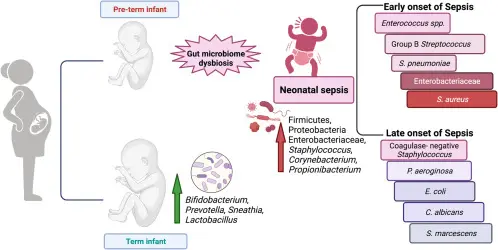Exploring the Firmicutes: Insights into the Class Clostridia and Their Biological Impact
The phylum Firmicutes encompasses a diverse group of bacteria, among which the class Clostridia is particularly notable for its ecological and clinical significance. Members of Clostridia are predominantly Gram-positive, anaerobic, spore-forming bacteria that inhabit a variety of environments, from soil and sediments to the gastrointestinal tracts of humans and animals. This class includes both beneficial species, such as those involved in gut health and fermentation processes, and pathogenic species, responsible for serious diseases like tetanus, botulism, and gas gangrene. The metabolic versatility, spore-forming ability, and resilience of Clostridia make them an important focus in microbiology, biotechnology, and medical research, highlighting their dual roles as both industrially valuable organisms and clinically relevant pathogens.
